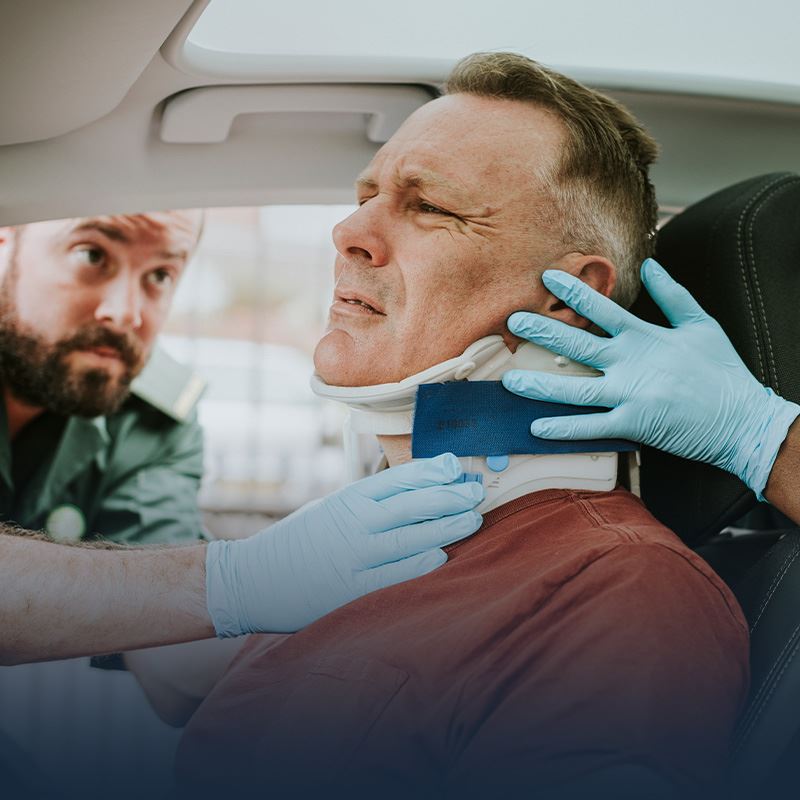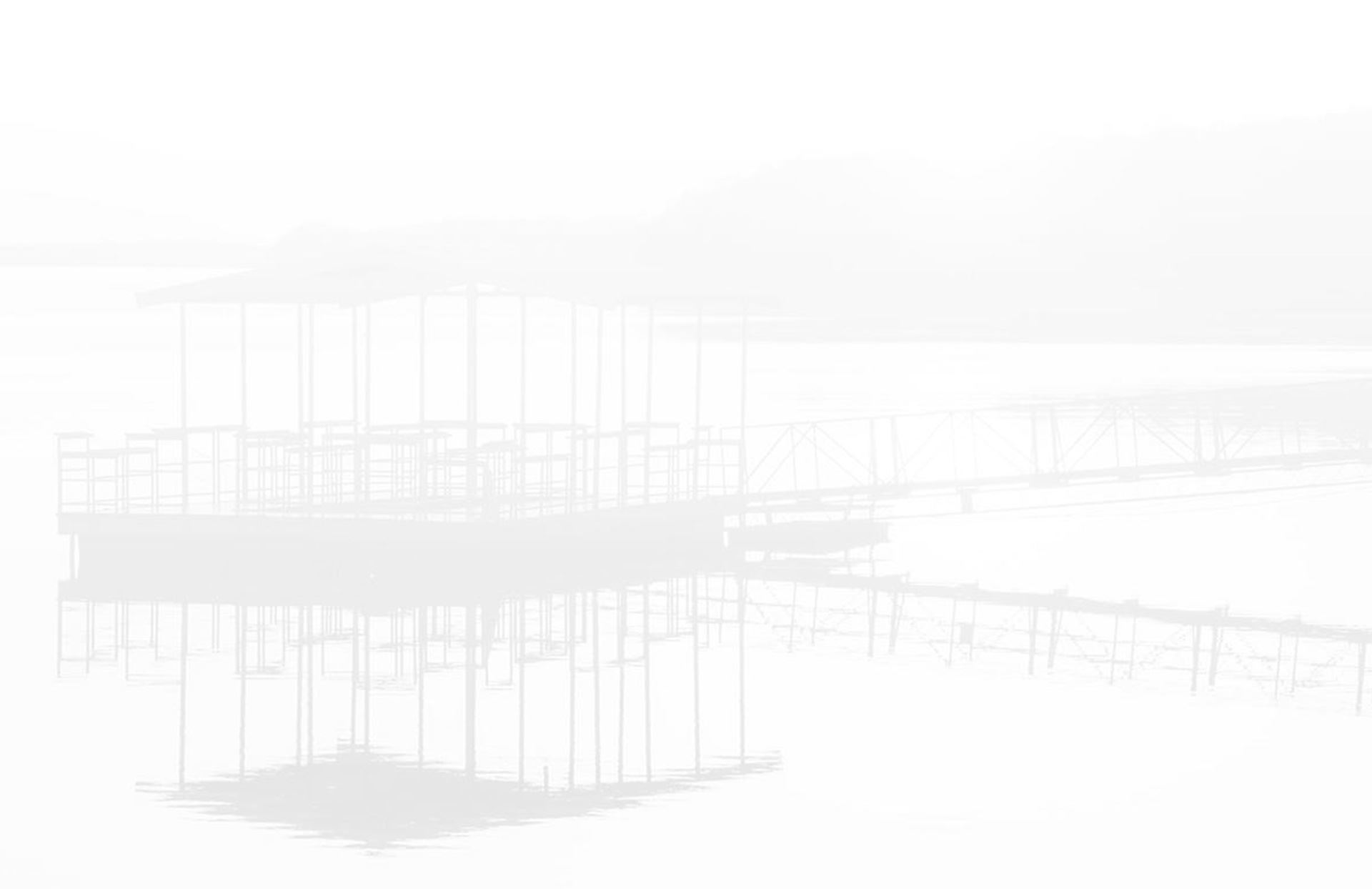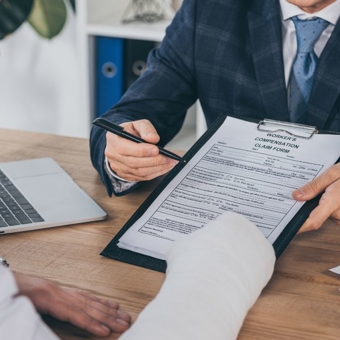
Workers’ Compensation Hearings In Joplin, MO
Personalized Support From Proven Workers’ Compensation Lawyers
After a work-related injury or illness, navigating a workers’ compensation claim can seem like a daunting task. That’s especially true when claimants encounter disputes that require them to appear in hearings before the Missouri Division of Workers’ Compensation.
Fortunately, our team at Aaron Sachs & Associates, P.C. knows that workers’ compensation hearings put a lot on the line. We have extensive experience handling hardship and final hearings and are dedicated to helping clients protect their rights and recover the benefits they need.
From our office in Joplin, Missouri, our award-winning workers’ compensation lawyers have helped thousands of workers across Jasper County, Newtown County, and beyond following all types of work-related accidents and injuries. We’re backed by decades of collective experience and are driven by an underlying passion to help real people who are facing tough times.
If you have a workers’ compensation matter anywhere in Joplin or the surrounding areas, or have been notified of a dispute that requires you to attend a hearing, we want to help. Call (888) 287-1046 or contact us online for a FREE consultation.
What Is A Workers’ Compensation Hearing In Missouri?
Workers who suffer injuries or illnesses on the job – as well as surviving family members of people who die from work accidents or diseases – have the right to receive important benefits through their employer’s workers’ compensation insurance (provided they are covered workers, which most workers in Missouri are). These benefits include medical care, supplementary wages, disability, death benefits, and more.
In Missouri, most workers’ compensation cases can be resolved efficiently with the help of an experienced lawyer through settlement agreements. When workers’ compensation cases are settled – whether through Conferences or Mediation – there is no need for a “trial.” However, some cases cannot be resolved through negotiated settlements and must proceed to trial. There are various reasons why this may happen. Often, it’s due to disputes over:
- Whether workers are covered employees
- Nature of injuries / compensation amount
- Whether injuries or illness are work related
- Whether injuries were pre-existing and aggravated by work conditions
Missouri’s workers’ compensation system uses the word “hearing” instead of “trial,” but for all intents and purposes, they are essentially the same and will involve a presiding judge who listens to each side, considers evidence and testimony, and issues a decision about whether a claimant should be awarded benefits.
What To Expect At A MO Workers’ Compensation Hearing
Here’s what you can expect before, during, and after a workers’ compensation hearing in Missouri.
Before A Hearing
- Purpose: Workers’ compensation hearings are formal proceedings that are conducted exactly like non-jury civil trials in Missouri circuit court. This means that rules of evidence apply, and that the claimant (injured worker) has the burden of proof for most contested issues in the case. As such, workers must be able to present at least some admissible evidence for each issue contested by the insurer and must meet the burden of proof.
- Types of Hearings. In Missouri, there are two types of workers’ compensation hearings. One is a “hardship hearing,” which is requested in disputes over medical treatment and temporary total disability benefits and is typically resolved with a temporary or partial award regarding certain issues so the case remains on the docket. The other is a “final hearing,” which typically results in a final award and is most often requested when workers have finished with all medical treatment and have taken time to prepare their evidence.
- Location. Hearings usually take place at Department of Labor & Industrial Relations offices across the state. For the Joplin area, the Labor Department’s office is located at 3311 Texas Avenue, Joplin, MO 64804. This office serves handles cases from the Joplin Docket, which covers Jasper County, and the Neosho Docket, which covers McDonald County and Newton County.
- Preparation. Because judges can’t help you present a case, and because the outcomes of hearings have such a large impact on your future, you’ll need to prepare accordingly. This means gathering all medical records, incident reports, and communications related to your injury and employment. A lawyer can help you collect the information you’ll need to support your claim and assist with its presentation during a hearing.
During A Hearing
- Hearing Process. Procedures for both hardship and final hearings are the same. They begin when both parties and their attorneys appear before the judge and are asked whether there are any issues they agree about (these are called “stipulations”), and about the issues that are being contested. Each side, beginning with the claimant, will then present evidence and testimony from witnesses, who can be cross-examined by the other side. After a hearing is concluded, which may take anywhere from several hours to multiple days, the judge may allow for parties to submit written statements (briefs) about facts and laws in the case and how matters should be decided (briefs must usually be submitted within 21 days or less). After reviewing all evidence and any briefs, the judge then issues the award. By law, this award must be issued within 90 days of the hearing.
- The Judge’s Role. The administrative law judge’s role is to hear all evidence, rule on any objections to the evidence, and issue a decision based on admissible evidence and state law. Judges don’t help you prepare or present evidence, nor do they explain evidentiary rules, which is why it’s best to have an experienced lawyer represent you if your case requires a hearing. The Division of Workers’ Compensation strongly recommends that claimants have representation in hearings.
- Possible Outcomes. There are generally three types of awards that can be made in workers’ compensation hearings. This includes a Final Award, which is the judge’s final determination, a Temporary or Partial Award, which addresses medical care or lost wage benefits before a final award can be made, and an Award on Agreed Statement of Facts, which is made when both parties agree to facts of the case but require judges to rule on issues of law. Both parties have a right to appeal a judge’s decision if they do not agree.
After A Hearing
- Moving Forward. If you were awarded benefits, you will be able to receive them within a few weeks of the award. If your award was for temporary or partial benefits, your case may still be open until a determination about your disability is made later, and you should continue to treat your injuries and listen to your doctor. An attorney can advise you on next steps you should be taking based on the facts of your case.
- Appeals. If you disagree with the judge’s award or were denied benefits, you have the right to file an appeal. A workers’ compensation appeal must be filed within a certain period after your award was issued. An attorney is the best resource for navigating the appeals process, which begins with an appeal to the Missouri Labor and Industrial Relations Commission and may proceed to judicial reviews by the Missouri Court of Appeals or Missouri Supreme Court.
Why Request A Workers’ Compensation Hearing?
You may request a hearing if:
- Your claim is being challenged by the workers’ compensation insurer.
- There are disputes about medical treatment or your injuries.
- There are disputes regarding benefit calculations.
Who Attends A Workers' Compensation Hearing?
- Injured Worker: Referred to as claimants, injured workers have the burden of proof in most issues involved in workers’ compensation hearings
- Attorneys: You can (and should) have a lawyer who helps you prepare for hearings and present your case and evidence.
- Employer/Insurer: The “other side” is usually an attorney or claims specialist who represents the interests of your employer / employer’s workers’ compensation insurer.
- Witnesses: Witnesses may include co-workers, medical professionals, and others with knowledge about your accident, employment, and your medical condition.
- Judge: An administrative law judge who presides over the case.
To request a FREE consultation, contact us online or call (888) 287-1046.
Will My Workers’ Compensation Case Require A Hearing?
It depends on your case. As the Missouri DWC notes, most workers’ compensation cases are resolved through settlement. However, as much as 5% of all cases do proceed to “trial” – which is known in the world of workers’ compensation as a hearing.
Whether your case will be among this small percentage of cases that require hearings depends entirely on the circumstances. Generally, there are some factors that can increase the need for a hearing, such as mistakes in paperwork or documentation or disputes about key issues such as claim validity, extent of injuries, work-relatedness, and more.


Our Testimonials
-
“My husband was in a car accident, we called Aaron Sachs, and are very glad we did! First of all, they sent someone to our home to interview my husband, so he did not have to drive all the way to Springfield to their office while he was in pain.”Former Client
-
“I was rear-ended by a non-insured driver. My car was totaled and I ended up having surgery on my shoulder. I was thrilled to get a settlement way larger than I could have dreamed.”Former Client


Updates & Articles
Useful Guidance on Frequently Asked Questions After Being in an Accident
-
 What Happens If You Can’t Go Back to Work After an Injury?Read More
What Happens If You Can’t Go Back to Work After an Injury?Read More -
 Can You Sue a Bar for a Drunk Driving Accident?Read More
Can You Sue a Bar for a Drunk Driving Accident?Read More -
 How Long Do I Have to File a Workers' Compensation Claim After an Injury?Read More
How Long Do I Have to File a Workers' Compensation Claim After an Injury?Read More -
 Common Causes of Car Accidents & Who's At FaultRead More
Common Causes of Car Accidents & Who's At FaultRead More -
 DUI Rates Go Up Around the Holidays: Here's What to Do If You Were Injured By a Drunk DriverRead More
DUI Rates Go Up Around the Holidays: Here's What to Do If You Were Injured By a Drunk DriverRead More -
 Am I Eligible for Workers' Compensation If I Was Injured at a Company Holiday Party?Read More
Am I Eligible for Workers' Compensation If I Was Injured at a Company Holiday Party?Read More

.2401181506165.png)










